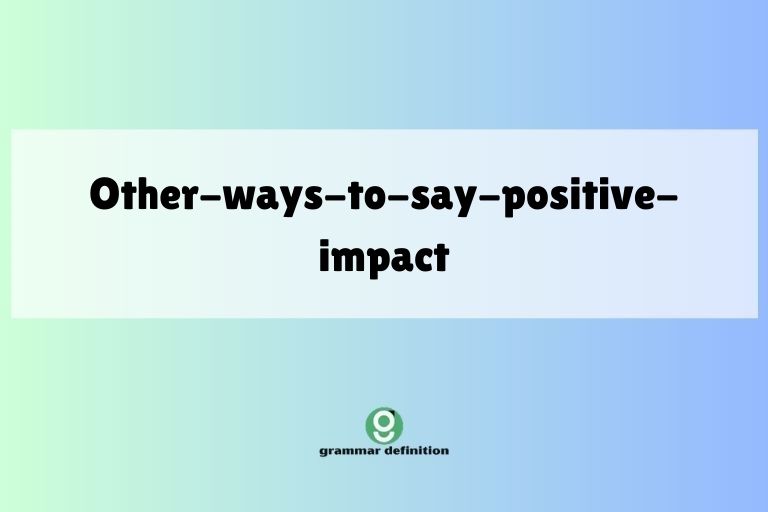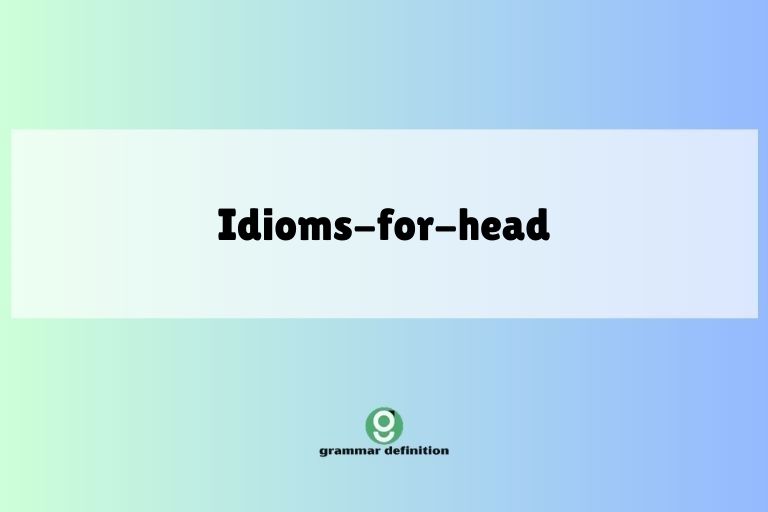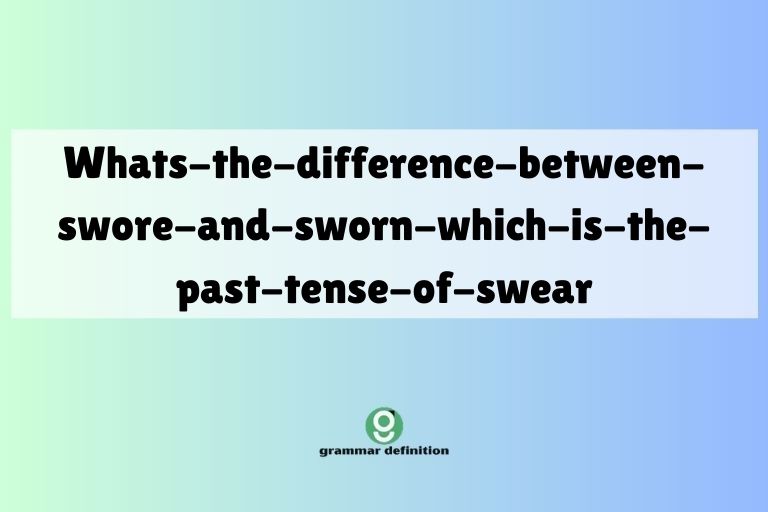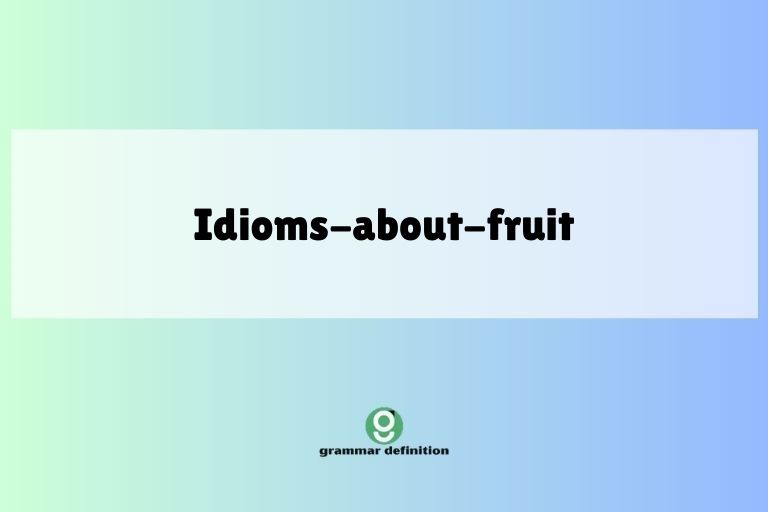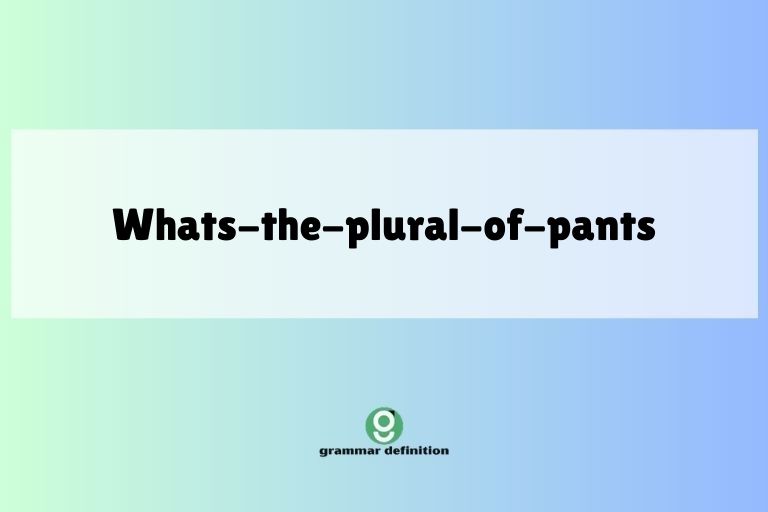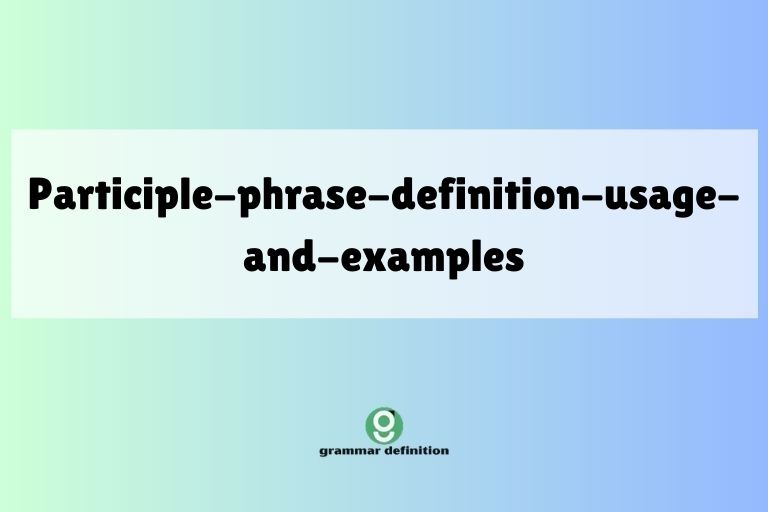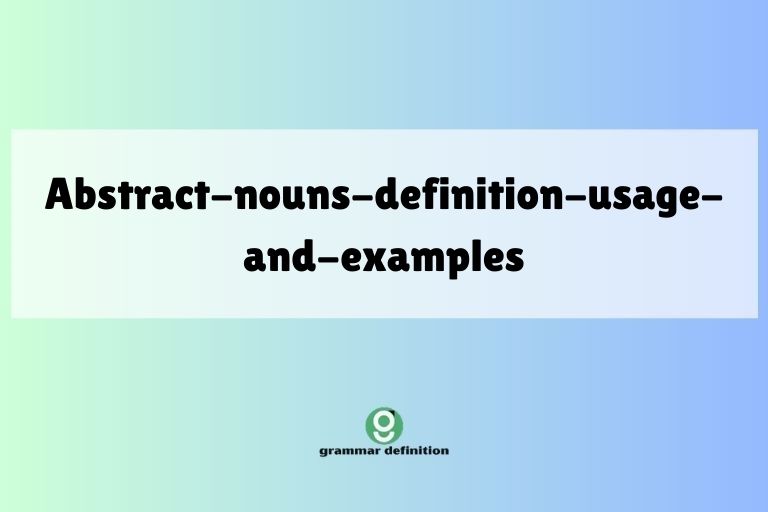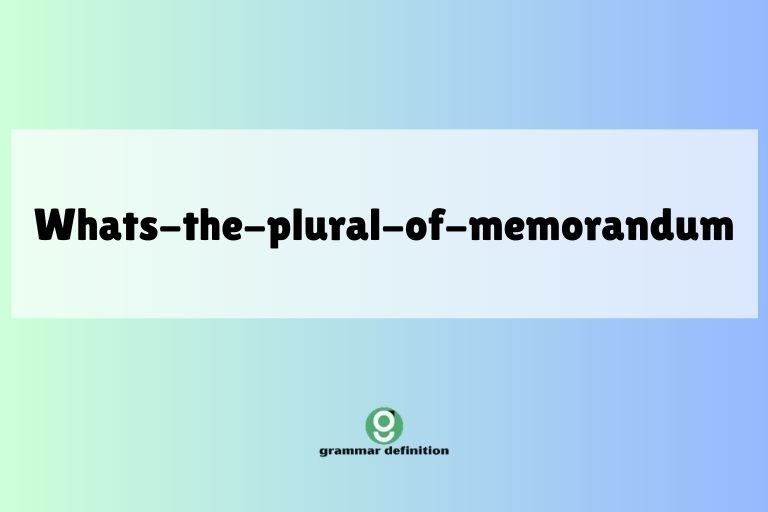Beyond “Positive Impact”: Enriching Your Vocabulary
The phrase “positive impact” is a common and useful way to describe beneficial effects, but relying on it exclusively can make your writing and speech sound repetitive and lack nuance. Expanding your vocabulary with alternative expressions allows you to convey the specific nature and degree of the positive influence more effectively. This article delves into … Read more

